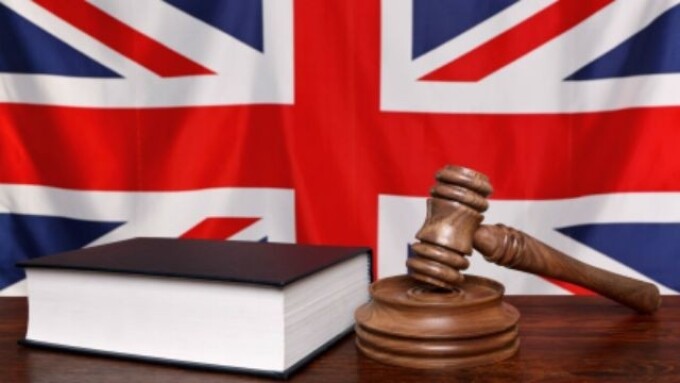LONDON — The U.K. government today published its Digital Economy Bill, which includes a section that would create an age-verification regulator and impose financial penalties for noncomplying adult entertainment sites that stream content into the nation, as well as their payment service providers and advertisers.
The bill goes well past the borders of the nation and particularly targets the flood of foreign adult tube sites that don’t have age verification systems in place to guard against access to those under the age of 18. Those sites typically solely rely on advertising and not memberships to capture revenue streams.
The proposal also creates a federal age-verification regulator that could divvy out fines of up to £250,000, or 5 percent of a company’s revenue, when appropriate, to offending adult sites.
The age-verification regulator would have powers to target payment-services providers that enable or facilitate the production and distribution of porn by noncomplying websites. The proposal also targets those companies that advertise on noncomplying sites, as well.
The core language of the section targeting sites that don’t have age checks reads, “A person must not make pornographic material available on the internet on a commercial basis to persons in the U.K. except in a way that secures that, at any given time, the material is not normally accessible by persons under the age of 18.”
Much of the bill was discussed in May by the Queen. Her announcement to institute mandatory age checks came a month after the government closed a consultation that sought views from the public, including industry stakeholders, on the government's manifesto to require age verification for access to adult sites.
After its introduction today, the Digital Economy Bill now proceeds through the U.K. parliament.
The bill, which includes other items including faster broadband speeds and new powers for communications czar Ofcom, will have its first debate at the second-reading stage.
It is expected to complete its passage through the House of Commons and move to the House of Lords in the fall.
If passed into law, the bill is expected to go into effect in the spring of 2017.








